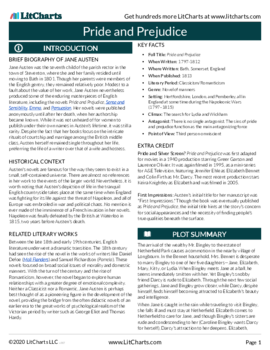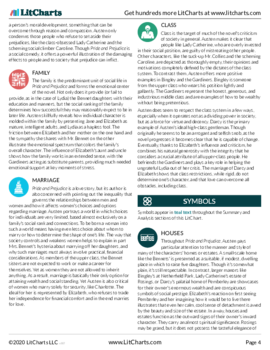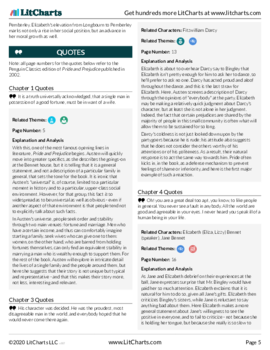- All's Well That Ends Well
- Antony and Cleopatra
- As You Like It
- The Comedy of Errors
- Coriolanus
- Cymbeline
- Hamlet
- Henry IV, Part 1
- Henry IV, Part 2
- Henry V
- Henry VI, Part 1
- Henry VI, Part 2
- Henry VI, Part 3
- Henry VIII
- Julius Caesar
- King John
- King Lear
- Love's Labor's Lost
- A Lover's Complaint
- Macbeth
- Measure for Measure
- The Merchant of Venice
- The Merry Wives of Windsor
- A Midsummer Night's Dream
- Much Ado About Nothing
- Othello
- Pericles
- The Rape of Lucrece
- Richard II
- Richard III
- Romeo and Juliet
- Shakespeare's Sonnets
- The Taming of the Shrew
- The Tempest
- Timon of Athens
- Titus Andronicus
- Troilus and Cressida
- Twelfth Night
- The Two Gentlemen of Verona
- Venus and Adonis
- The Winter's Tale
plus so much more...
-
Imagery
The poem's imagery paints a picture of nature's soft persistence overwhelming even the grandest civilizations.
Looking out over a countryside landscape at the "end of evening," the speaker feels as if the quiet is so deep that it's visible: this is a "quiet-coloured" world, a "solitary" place of utter peace where the only sound is the gentle "tinkle" of sheep bells. Unbroken even by a single tree, grass sweeps out to the horizon in a thick, plush "carpet."
You wouldn't suspect it, the speaker says, but beneath this unbroken "verdure" (or lush greenery) lie the ruins of a great city. Once upon a time, a "domed and daring" palace loomed over a city bounded by marble walls—walls with gates so grand that soldiers could march through them "twelve abreast" without feeling the least bit cramped.
All the speaker's images of this lost city emphasize its grand scale and its richness. This was a place where even the chariots were clad in "gold, of course." Now, though, the only sign of the city is a "single little turret," riddled with "chinks" (or cracks) and overgrown with vines and weeds.
The contrast between the images of the city—which once held "a million fighters" and a mighty court—and the present countryside, where only sheep are there to watch as the speaker meets his beloved "girl with eager eyes and yellow hair," stresses how utterly gone the city is, and how strange it seems that this should be so. It also makes the soft, dim, "quiet-coloured" countryside feel like a relief, a soft landing after a lot of martial chaos. Perhaps it's no bad thing, the speaker's imagery hints, that the sheep and the grass reclaim all cities, in time; the gentle "ruins" are a better place for love than that long-ago city would have been.

|
PDF downloads of all 3061 of our lit guides, poetry guides, Shakescleare translations, and literary terms.
PDF downloads of all 1916 LitCharts literature guides, and of every new one we publish.
Learn more
|

|
Explanations for every quote we cover.
Detailed quotes explanations (and citation info) for every important quote on the site.
Learn more
|

|
Instant PDF downloads of 136 literary devices and terms.
Definitions and examples for 136 literary devices and terms. Instant PDF downloads.
Learn more
|

|
Compare and contrast related themes.
Compare and contrast Related Themes across different books.
Learn more
|

|
Teacher Editions for all 1916 titles we cover.
LitCharts Teacher Editions for every title we cover.
Learn more
|

|
PDFs of modern translations of every Shakespeare play and poem.
PDFs of modern translations of every Shakespeare play and poem.
Learn more
|

|
Advanced search across our collection.
Advanced Search. Find themes, quotes, symbols, and characters across our collection.
Learn more
|

|
Line-by-line explanations, plus analysis of poetic devices for lyric poems we cover.
Line-by-line explanations, plus analysis of poetic devices for every lyric poem we cover.
Learn more
|


For every lyric poem we cover.



Literature Guide PDFs
LitCharts PDFs for every book you'll read this year.



Quotes Explanations
For all 42,382 quotes we cover.





Teacher Editions
Time saved for teachers.
For every book we cover.
Common Core-aligned



PDFs of modern translations of every one of Shakespeare's 37 plays, 154 sonnets, and 3 longer poems.


Plus a quick-reference PDF with concise definitions of all 136 terms in one place.





















